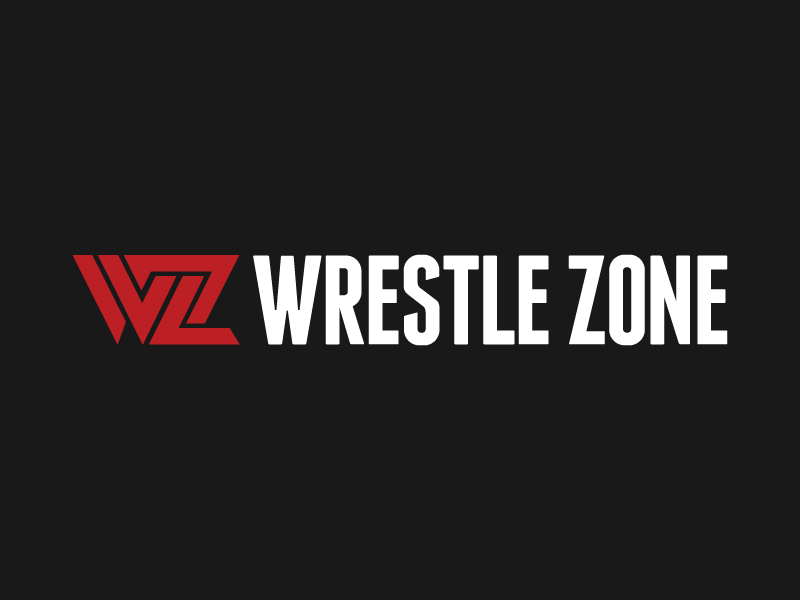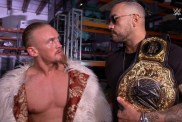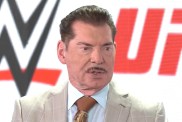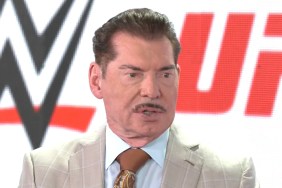CREDIT: QUOIPOURQUOI & www.WrestlingForum.com
Violating the 1996 Contract
With the WWF in "financial peril," McMahon told Hart on June 2, 1997 that he might have to restructure Hart’s contract. On September 22, he told Hart that he would have to defer the bulk of his pay to the end of his twenty-year contract.
With Hart’s contract lasting all the way to 2016, and with the WWF on the verge of collapsing, there was a serious danger of Hart never getting that money. As I have pointed out, looking at how WCW collapsed from 1996 to 2001 (and acknowledging how poorly the WWF was doing compared to WCW in 1997), if the WWF had gone out of business instead, Hart would’ve lost out on about $10 million had he allowed the WWF to defer his pay to the end of a twenty-year deal.
McMahon, knowing how badly he screwed the pooch, told Hart that he would be doing himself and McMahon a "favor" to leave. McMahon gave Hart until November 1 to negotiate a deal with WCW. Bischoff initially offered $1.8 million per year for three years, but Hart was able to get WCW up to $2.5 million per year for three years (a contract that was $900,000 short of what he could’ve made with WCW had he signed in the Summer of 1996).
On October 24, a month after asking him to leave and a week before his opportunity to do so would expire, McMahon asked Hart to stay with the WWF. He couldn’t come up with a storyline that would convince Hart to stay in the WWF, so McMahon told Hart to "think with [his] head, not [his] heart" and sign with WCW.
Hart’s WCW contract didn’t begin until December, twenty-three days after Survivor Series. WCW was leery about negotiating with Hart until they knew he had McMahon’s permission, because they were already being sued by the WWF for having Alundra Blayze drop the Women’s Championship in a garbage can (trademark infringement).
Continued on page four …






